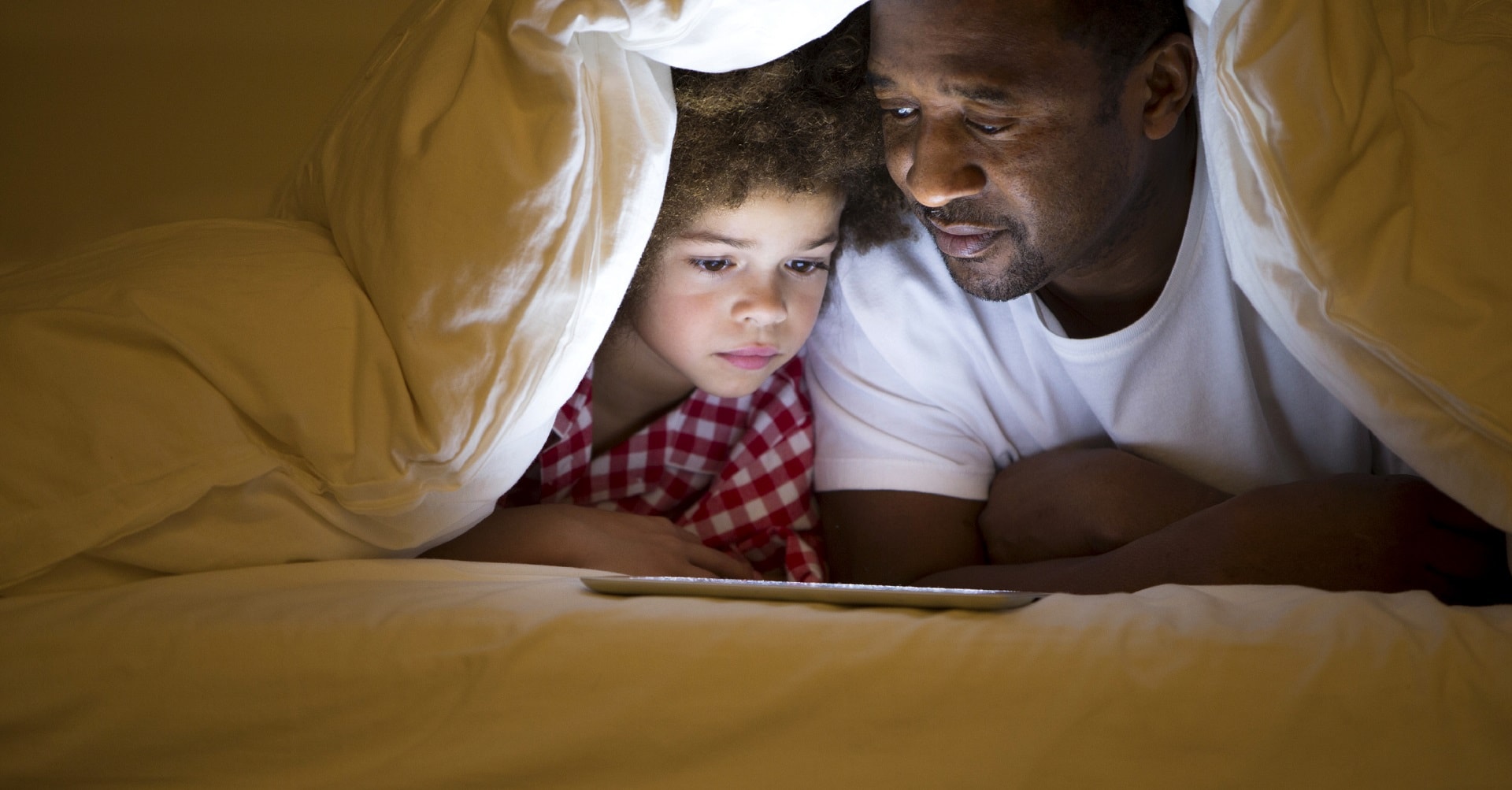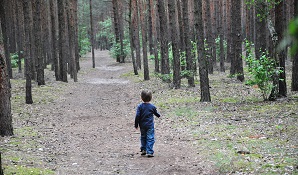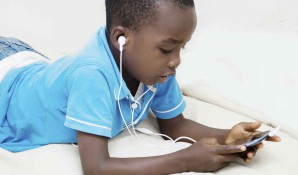I don’t have too many claims to fame, but I am fairly sure that I have read The Very Hungry Caterpillar more times than anyone else on this earth. Thousands of times to my daughter, many hundreds more to my son. To many young kids in my years doing literacy work in public schools, and now to my 2-year-old niece. (Spoiler alert: the caterpillar turns into a butterfly).
Admittedly, there were days when I locked myself in the loo just to get a few minutes reprieve from the peckish worm, but overall, I reckon my readings were time well spend. This is not just my opinion, by the way. There’s a fair bit of research to indicate that reading to your child has enormous benefits.
According to research cited by the “Read Aloud” campaign in the USA, the effect of reading aloud is so pronounced that a difference in brain development is evident even by the age of 3. Reading aloud is considered the single most important thing parents can do to prepare a child for literacy and for later academic success.
When to start?You might feel slightly foolish propping a baby in the crook of your arm and passing a book in front of her face, but the experts tell us that it’s never too early to start exposing your child to books and reading. Even if the child is too young to understand, you are exposing her to the sound of spoken language, and creating that first positive, nurturing experience with books and reading. And don’t stop reading to your kids when they start reading to themselves. Even when children can read, when an adult reads to them they can understand and enjoy books beyond their own reading ability.
BondingBefore we even look at the more to-be-expected academic benefits, think about the bonding that happens when you sit quietly with your baby in your lap. It’s a time of closeness, often a moment of calm in a busy day, or before bed. When you’re snuggled up reading and showing her the pictures on the pages, you are giving her a double gift – happy time with you, and a positive early experience with books and reading.
Good habitsWhen you read to kids it shows them that you value reading. They see that reading is a pleasurable activity that you make time for in your day. Once reading is part of the child’s world, creating a reading habit should be easier.
The benefitsWhen it comes to hard skills, being read to boosts development in various ways.
- It boosts language. Exposure to books means exposure to different types of language - the language of books (which is different from the language of speech) as well as rhyme and rhythm, different accents and tones, alliteration, onomatopoeia and a whole lot more.
- It expands the child’s vocabulary, imagination and knowledge of the world. How many kids have seen a panda bear? Or an iceberg? Or pterodactyl? Very few (well, none, in the case of the pterodactyl!), but children may well recognize them from books
- It develops visual and auditory skills. Listening is a key skill that is essential when more formal learning starts. When a parent reads a good story, a child is encouraged to listen. Other auditory skills are the ability to recall what they have heard, to recognise a specific sound or word, and to recognise sounds as similar and different. Similarly, children develop visual skills such as recognising shapes and letters and learning to tell the difference between letters.
- Reading is a conversation starter. It’s a good way to talk about feelings and difficult issues.
So, the message is: read to your baby, and don’t stop. And perhaps like the very hungry caterpillar emerging as a beautiful butterfly, your child will emerge with strong language skills and a love of books and reading.
Read more…Nal’ibali (isiXhosa for “here’s the story”) is a national reading-for-enjoyment campaign to spark children’s potential through storytelling and reading. For free stories and loads of tips on reading to babies and children, visit their website.
The views and opinions expressed in this article are those of the authors and do not necessarily represent or reflect the views of 1Life or its employees.




